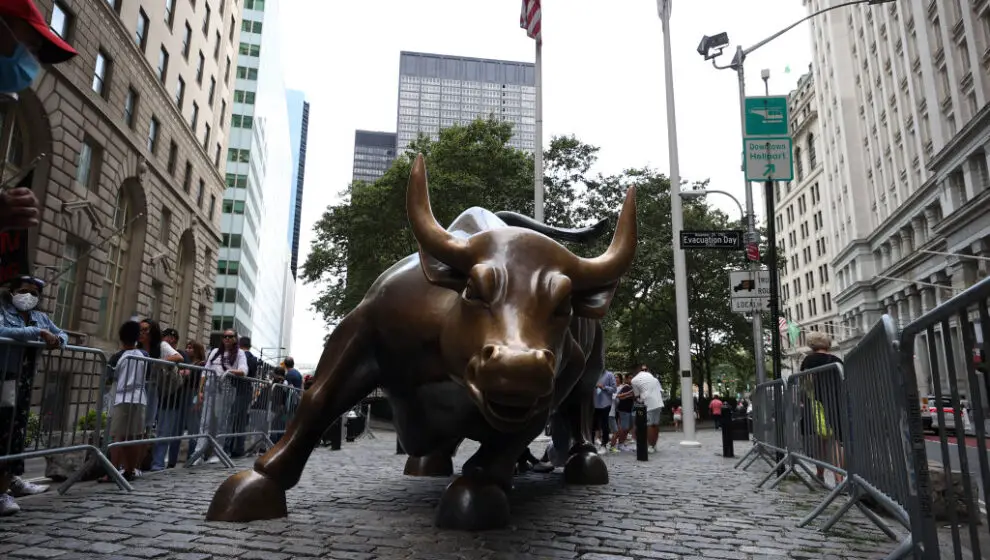After nearly a decade-long transition, the London Interbank Offered Rate (LIBOR) has officially been phased out.
Key Details
- The final LIBOR rates were published early Friday morning, marking the last time that the half-century-old reference rate, first used in 1969, will be the primary one used.
- Markets sparsely responded to the phase-out with little response or fanfare, as the last fixing was announced at 6:55 am in New York City.
- The Secured Overnight Financing Rate (SOFR), established by the Alternative Reference Rates Committee in 2014, is set to become the primary alternative to LIBOR, which analysts hope is less vulnerable to abuse.
- Only a small handful of financial instruments still use LIBOR, although the transition has left a few contracts to be scrambled and adjusted at the last minute. U.S. dollar tenors were largely already phased out of contracts by 2021, Reuters notes.
Why It’s News
LIBOR has historically been used as the benchmark interest rate for major interbank trading, being used at its peak as a tool for student loans, credit cards, derivatives, corporate loans, mortgages, and other financial tools.
However, its international reputation has soured to the point where a new standard has been necessary for a long time. The standard has become tarnished by abuse—a symbol of Wall Street’s infamous malfeasance—as large banks manipulated LIBOR for personal advantage and drew billions of dollars in fines, according to Bloomberg.
The Federal Reserve has led the effort to scrap LIBOR for more than a decade, with the Federal Reserve Bank of New York helping propose the SOFR in the aftermath of the 2008 financial crisis. By 2017, global regulators were in agreement about transitioning away from it.
The shift towards SOFR does not necessitate that it will become the only new standard. The new system is not perfect, and limiting the market to a single benchmark could expose the markets to similar vulnerabilities as before or to shifts in financial conditions, Baron’s argues.
Notable Quote
“Changing something as fundamental as Libor has been a great disruption to the status quo, and such transitions in the history of finance have been quite limited. People are keen to move on to the new rate and market conventions and begin to settle into new routines,” TD Securities Head Gennadiy Goldberg tells Bloomberg.
“The best-case scenario is crickets,” he continues.

